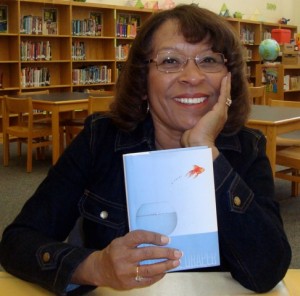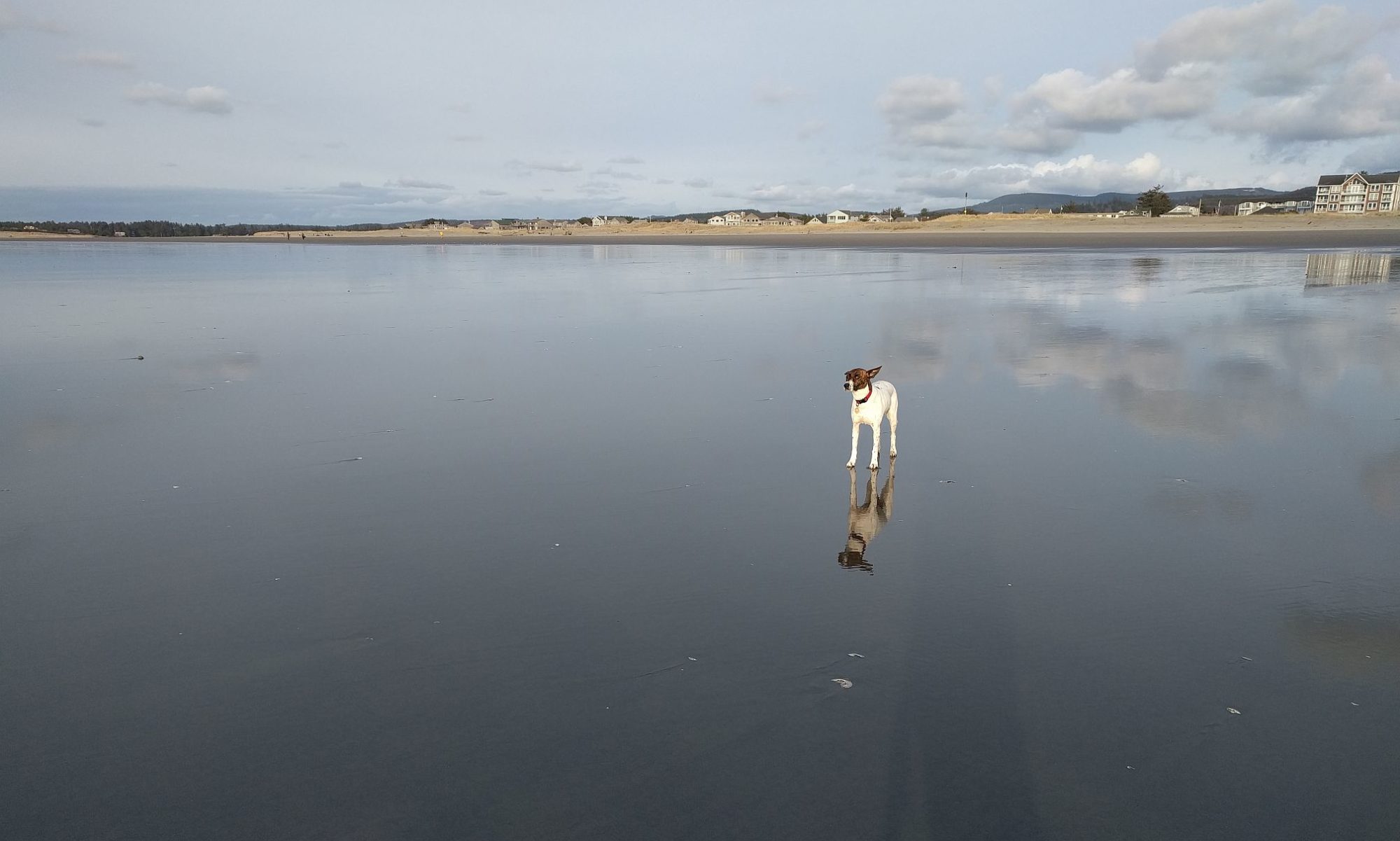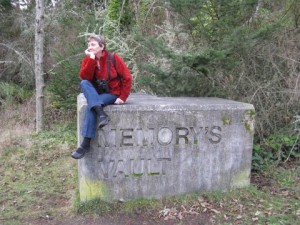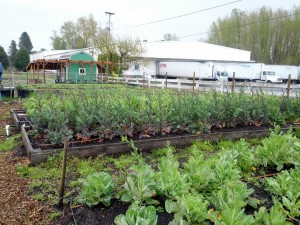“The mother of a child with disabilities is a powerful person. She doesn’t know what she is until it’s what she becomes.”
Sharon Draper, author of Out of My Mind

Sharon Draper’s latest book for middle graders, Out of My Mind, has remained on the New York Times Best Sellers List for more than a year because it’s one of those books that forces us to feel our world in new ways. Our heroine, Medody, is a brilliant 11 years old who’s trapped in a body that won’t allow her to talk or move independently.
“Melody represents all of us and any child who has no voice–who is different and isn’t heard,” says the author. Melody is “the voice for the voiceless.”
Born with Cerebral Palsy, her world opens when she gets a computer with a voice program that allows her to speak and share her wit with the world–for the first time.
Although Dr. Hughly advised her mother to consider sending her “away”, Melody’s caring parents make sure she enrolled in the local elementary school. However, she was always kept in “special” classes–as if she wasn’t the smartest kid in school–like she is!
With the help of ever-caring mom who “becomes more powerful than she ever knew she could be,” according to the author, Melody has been able to learn lots. Another miracle-maker of the story is neighbor and retired teacher, Violet.
“Violet Vallencia is a big hero, the example of Tough Love that pushes Melody to the max–and helps her to become what she can,” says Sharon Draper–who doesn’t Continue reading “Sharon Draper’s Out of My Mind”




